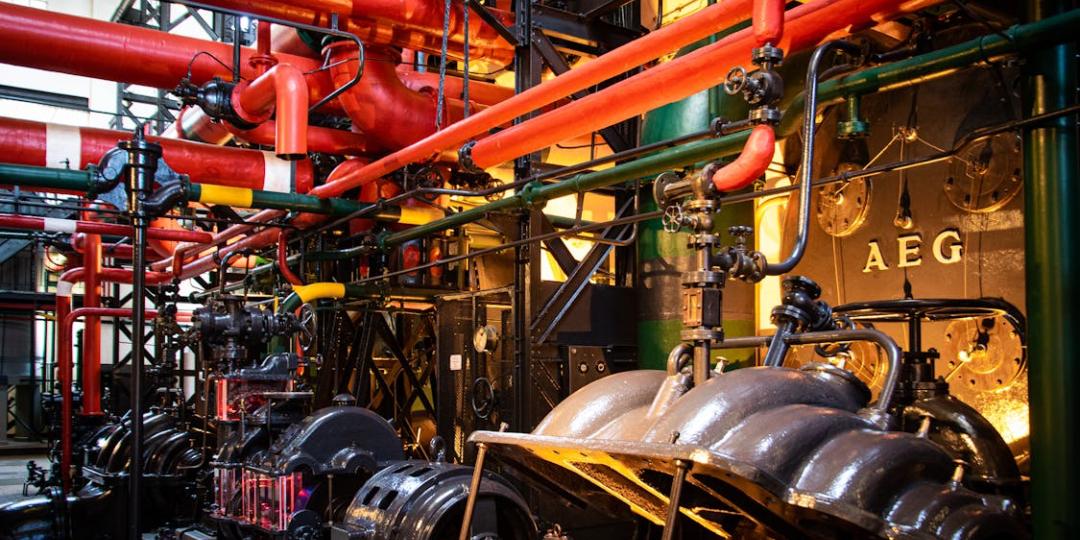Multibillion-dollar investments are pouring into Namibia's oil, gas, mining, and hydrogen industries, with ambitious plans for infrastructure development.
The envisioned infrastructure developments necessary to accommodate the burgeoning oil, gas, mining, and hydrogen sectors encompass the construction of new ports, roads, railways, transmission lines, and pipelines for water and hydrogen, as outlined by the Namibian Presidency.
Minister of Mines and Energy Tom Alweendo has emphasised Namibia’s abundant solar and wind energy resources, coupled with its vast expanses of unpopulated land, as key factors positioning the country to lead in low-cost green hydrogen production.
Aligned with this vision, the Presidency aims to position Namibia as a hub for renewable energy innovation and to drive green industrialisation. Currently, the nation is advancing nine distinct green hydrogen projects, leveraging renewable energy sources to produce clean molecules essential for decarbonising sectors such as transportation and agriculture.
Namibia's proven reserves of lithium and rare earth elements are pivotal in facilitating the energy transition. These resources are in high demand across various industries, from aerospace to electronics and healthcare, underscoring their significance in achieving Namibia's green energy objectives.
Harnessing its natural abundance of renewable energy and access to desalinated water, Namibia is poised to manufacture clean molecules like hydrogen and ammonia.
Major shipping companies, including Belgian Compagnie Maritime Belge, are eyeing Namibia as a strategic African hub. Plans are under way to utilise ammonia as a clean fuel for their shipping fleets, with the establishment of a bunkering facility in Walvis Bay.
Furthermore, logistical strategies include the development of a deepwater port at Angra Point within the Port of Luderitz, alongside initiatives such as solar plants, ammonia plants, green steel plants, and hydrogen trains.
Innovative collaborations, such as a consortium involving TransNamib Holdings Limited, aim to develop Africa’s first dual-fuel hydrogen-diesel locomotives, further bolstering the nation’s green transportation infrastructure.
Maggy Shino, Petroleum Commissioner, highlighted significant oil and gas discoveries in Namibia, including the Graff-1 and Yonker-1 Wells, owned by Shell Namibia Upstream BV, Qatar Energy LLC, and Namcor. Additionally, TotalEnergies' Venus-1 Well discovery is estimated to contain two billion barrels.
To fully leverage these resources, Shino emphasised the need for technology development and research facilities. Fully unlocking the value of Namibia's burgeoning energy sector will also require intricate logistical solutions.















